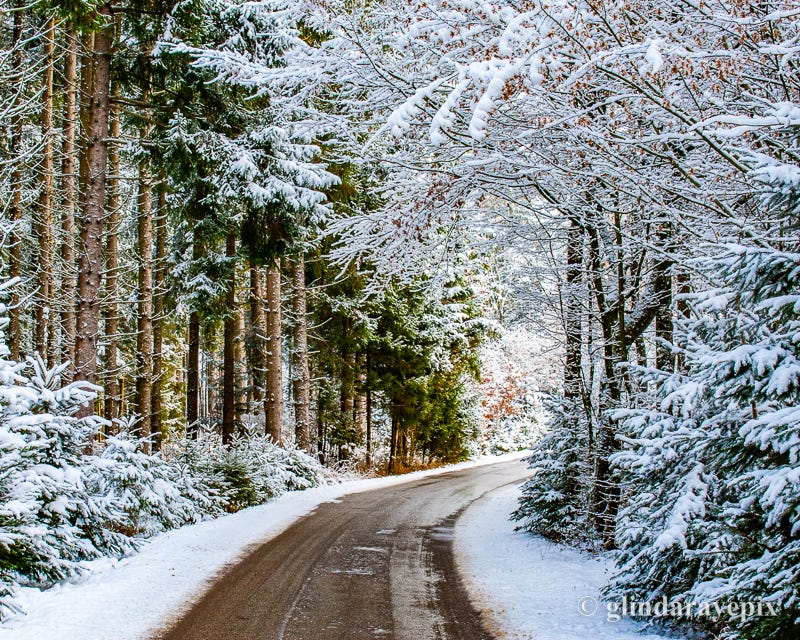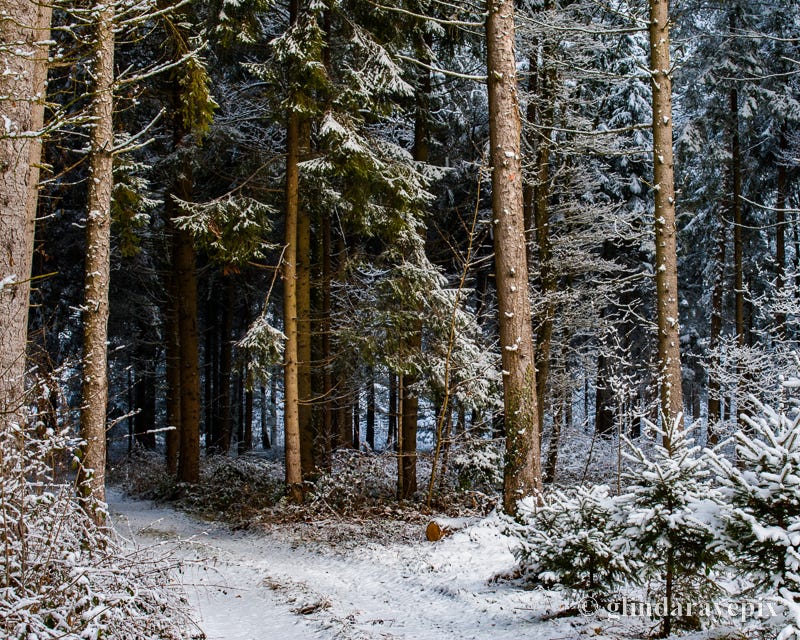Stranded Along the Inn River Valley
Tales of the Tyrolean Alps
It's an oddity of the East-West orientation of the Central European mountains that the ebbs and flows of ice ages have repeatedly wiped out and then replenished the Austrian forests. The legendary Wälder we drive through today are actually modern and manmade, the result of a romantic 19th century attempt to replant the Bavarian and Alpine plateaux.
Some forest uses are gone—beekeeping from before the advent of sugar, charcoal for glassmaking, yews for weapons, firs for smelting and mining, oak for shipbuilding. Today, the great farm hearths fed by gathering firewood are more decorative than practical. Hunting and skiing have become more recreational than essential.
Apart from pollution, the biggest threat to the Austrian forest is the proliferation of deer with their omnivorous eating habits. So hunting is encouraged, mainly during the fall rutting season, when you can still hear the bellows of red stags and the crack of Mouflon ram horns echoing across the valleys. The only animal still hunted year-round is the wild boar. In the closest thing to old-fashioned society hunts, you’ll find lines of BMWs at the entrance to a forest trail, as their owners figure out which end of the rifle to point at their prey.
There are times when you should pay attention to weather warnings from your friendly hotelier, and our last visit here might have been one of them. We were on our way up to Oberammergau from Innsbruck on a back road in one of those tiny European cars with no weight or chains, when we met an alp we just couldn’t cross—literally—the car simply slid back down the mountain in reverse.
We might have kept trying, if it wasn’t for the massive blanket of January snow visibly descending from the higher reaches (see top photograph). We don’t particularly care for Innsbruck—a hip, ultra-modern, busy town—so we tried the opposite direction and got as far as the ancient village of Mutters, in the foothills across the Inn River.
The storm followed, until we took refuge at the Sporthotel IGLS, a friendly spa hotel with decent food—and the only open establishment in the village. The next morning, their parking lot had disappeared under a snowfall that took three days to clear. Not that we minded. If ever there was an occasion to be thankful and go with the flow, this was it.






